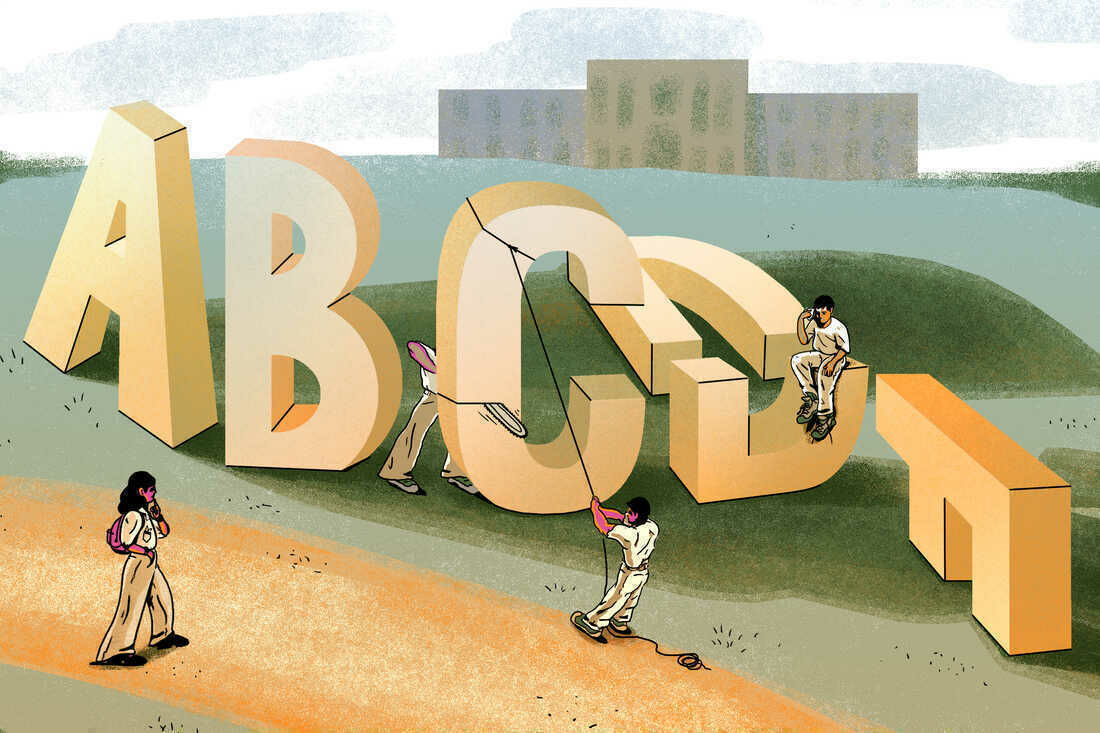Ungrading the university experience
There’s some discussion of students ‘gaming the system’ in this article about ungrading university courses, but nothing much about AI tools like ChatGPT. This movement has been gathering pace for years, and I think that we’re at a tipping point.
Hopefully, this will lead to more Open Recognition practices rather than just breaking down chunky credentials into microcredentials.
[A]dvocates say the most important reason to adopt un-grading is that students have become so preoccupied with grades, they aren't actually learning.Source: Some colleges are eliminating freshman grades by ‘ungrading’ | NPR“Grades are not a representation of student learning, as hard as it is for us to break the mindset that if the student got an A it means they learned,” said Jody Greene, special adviser to the provost for educational equity and academic success at UCSC, where several faculty are experimenting with various forms of un-grading.
If a student already knew the material before taking the class and got that A, “they didn’t learn anything,” said Greene. And “if the student came in and struggled to get a C-plus, they may have learned a lot.”
[…]
[S]everal colleges and universities… already practice unconventional forms of grading. At Reed College in Oregon, students aren’t shown their grades so that they can “focus on learning, not on grades,” the college says. Students at New College of Florida complete contracts establishing their goals, then get written evaluations about how they’re doing. And students at Brown University in Rhode Island have a choice among written evaluations that only they see, results of “satisfactory” or “no credit,” and letter grades — A, B or C, but no D or F.
MIT has what it calls “ramp-up grading” for first-year students. In their first semesters, they get only a “pass,” without a letter; if they don’t pass, no grade is recorded at all. In their second semesters, they get letter grades, but grades of D and F are not recorded on their transcripts.
